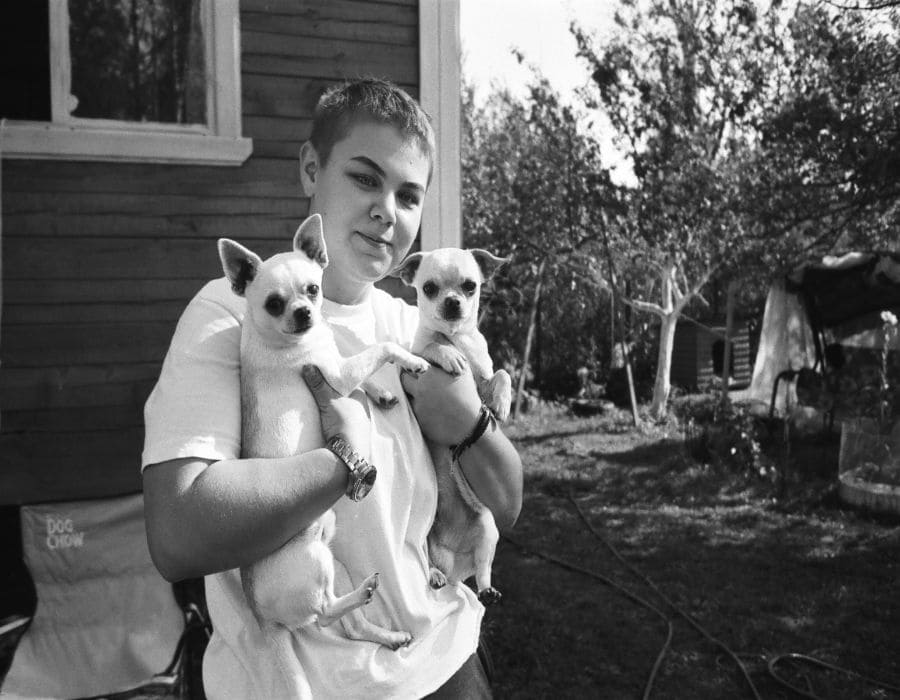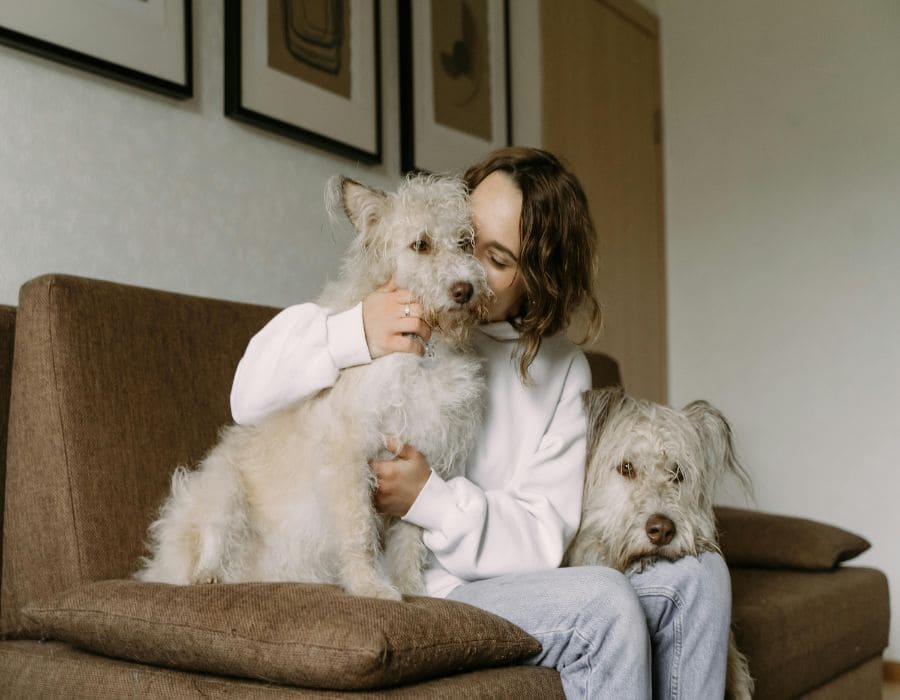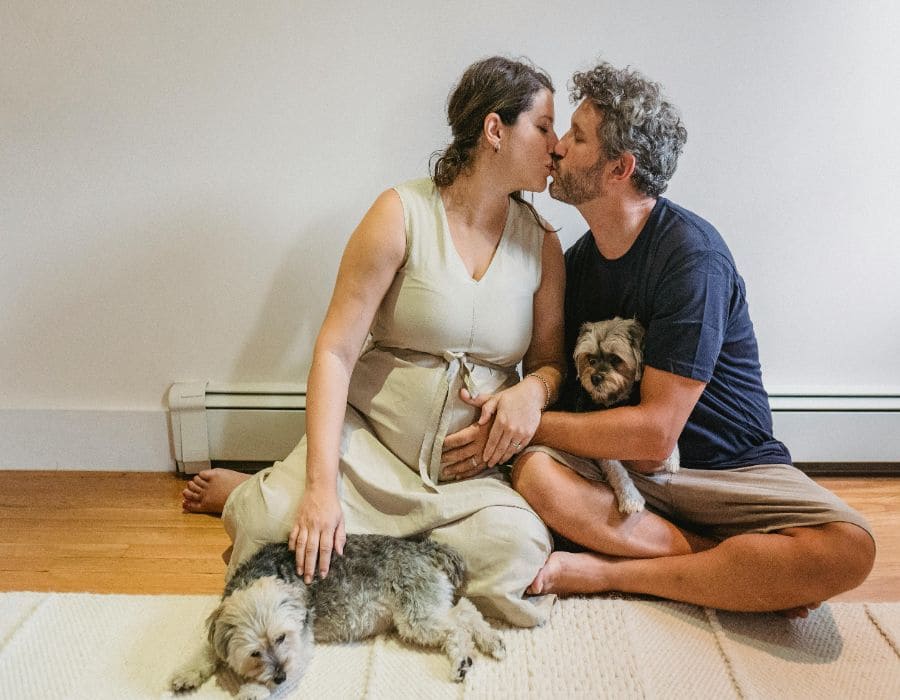12 Steps On How To Choose The Right Canine Friend For You
Bringing a dog into your life is an exciting journey, but choosing the right one takes careful thought. With so many breeds, personalities, and energy levels, finding a perfect match ensures a lifelong bond filled with love and companionship.
Before committing, consider your lifestyle, living space, and expectations. A dog is a loyal friend but also a responsibility. The right choice means a happier, healthier relationship—for both you and your new furry companion.
Assess Your Lifestyle

Are you active or more laid-back? High-energy breeds like Border Collies need constant stimulation, while lower-energy dogs, like Bulldogs, prefer a relaxed environment. Choose a dog that fits your daily routine.
Consider Your Living Space

Apartment dwellers may prefer smaller, adaptable breeds like French Bulldogs, while those with a backyard can accommodate larger, active dogs like Golden Retrievers. Your home environment plays a big role in your dog’s happiness.
Research Breeds Thoroughly

Each breed has unique traits. Some are independent, others clingy. Some love training, while others are stubborn. Understanding a breed’s temperament, grooming needs, and potential health concerns helps you make an informed decision.
Think About Grooming Needs

Long-haired dogs like Afghan Hounds require regular brushing, while short-haired breeds like Beagles need minimal grooming. If you prefer a low-maintenance pet, choose a breed with simple coat care.
Evaluate Energy Levels

Some dogs demand hours of exercise, while others are content with short walks. High-energy breeds thrive with active owners, while calmer breeds fit those with a more relaxed lifestyle.
Consider Your Family Situation

If you have kids or other pets, choose a breed known for friendliness and adaptability, like Labradors or Cavaliers. Some dogs prefer quieter homes, while others love family chaos.
Think About Allergies

If allergies are a concern, hypoallergenic breeds like Poodles or Portuguese Water Dogs may be a better fit. These breeds shed less dander, making them easier on sensitive owners.
Decide on Age Preference

Puppies require training and patience, while adult dogs may already have some manners. Seniors make great companions for those looking for a calmer, more settled pet.
Check Adoption Options

Rescue dogs make wonderful companions. Many shelters have a variety of breeds, including mixed-breed dogs that may be healthier and more adaptable than purebreds. Consider adoption before buying.
Assess Compatibility with Other Pets

If you have existing pets, consider how a new dog will fit into your current household dynamic. Ensuring compatibility can prevent behavioral issues and promote a harmonious home environment.
Evaluate the Dog’s Health History

Understanding a dog’s health background is crucial, especially if adopting an older animal. Requesting veterinary records and information about past medical treatments can help anticipate future health needs and potential costs.
Meet Before You Commit

A dog’s personality may differ from expectations. Spend time interacting with potential pets to ensure a good match. Look for a dog whose temperament and energy align with your own.
Conclusion

Choosing the right dog is about more than just looks—it’s about compatibility, lifestyle, and commitment. With thoughtful consideration, you’ll find a furry friend who brings endless love, joy, and companionship into your life.







